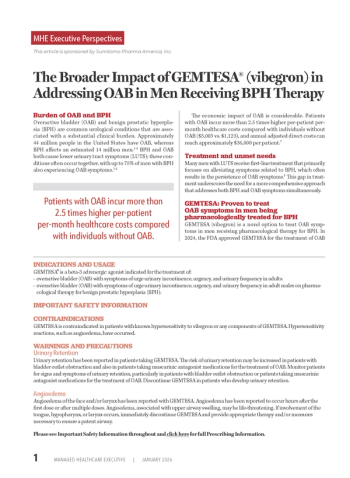
Unlocking Data for Better Population Health Management
This whitepaper guides you through unlocking data for better population health management. Learn 3 strategies for creating a Rosetta Stone of health language to improve care for entire patient populations, and much more.
Bringing together datasets from various sources is critical to enable population health efforts, but so far has proved to be a formidable challenge for payers and providers alike.
An overwhelming amount of new data is created every second – from EHRs and insurance claims to social determinants of health and wearable device data – somewhere in this vast amount of data are answers to how to improve health outcomes.
To be successful in a population health strategy requires a common understanding of what various data means so insight can be gleaned and shared between stakeholders. Fortunately, the right technology can help.
Read our whitepaper on population health data management to learn:
- Why collecting, integrating, normalizing, and interpreting data from across care interactions, devices, apps and settings is critical in a value-based system
- The role of natural language processing (NLP) and machine learning in delivering on population health
- Three strategies for creating a Rosetta Stone of health language that will equip you to improve care for entire patient populations
Complete the form below to learn more.
Sponsored By:
Newsletter
Get the latest industry news, event updates, and more from Managed healthcare Executive.



















